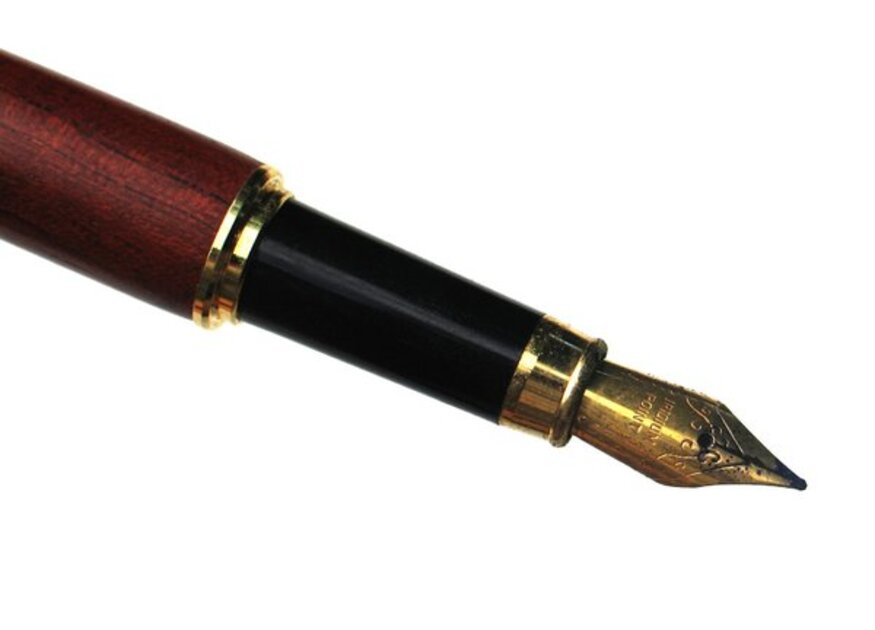
The commentary of the Rosh on Amud Aleph explains why a person may be reluctant to accept his host’s invitation without being able to reciprocate, based on the aphorism expressed in Mishley (15:27):
ūĢų░ū®ūéūĢų╣ūĀųĄų¢ūÉ ū×ųĘū¬ų╝ųĖūĀų╣ųŻū¬ ūÖų┤ūŚų░ūÖųČųĮūö
He who spurns gifts will live long
We can well understand why this might be a good character trait, but why does it specifically confer long life?
Maharal in Nesivos Olam, Nesiv Haosher (1), explains that a person who trusts in God and allows himself to be independent in not seeking handouts embodies the ultimate trait of completeness, as he does not need others, save God Himself. This completeness helps create an aura and divine flow of immortality, as he is tapping into a Godly quality.
Maharal also notes that it does not say, “One who does not receive gifts” but rather “one who does not desire (or spurns) gifts.” That is to say, it is not about the actions, but the inner state. At times a person should accept gifts for the sake of promoting healthy interactions and relationships. It is all about the intent. If one is craven and desirous of gifts and favors, even if he has not accepted a single gift, the horse has already left the barn. Instead, one must cultivate an attitude of equanimity, that no gift from a human or lack thereof can make or break his standing in the world. Only God is in charge of that.
There are people who do not allow themselves to become vulnerable and accepting of love and other matters in human relationships. Often this is misplaced piety and arrogance. It may not be a true attitude of tranquility and self-possession, but rather a sign of poor attachment and fear of intimacy.
Translations Courtesy of Sefaria, except when, sometimes, I disagree with the translation ![]()
If you liked this, you might enjoy my Relationship Communications Guide. Click on the link above.
Rabbi Simcha Feuerman, Rabbi Simcha Feuerman, LCSW-R, DHL is a psychotherapist who works with high conflict couples and families. He can be reached via email at simchafeuerman@gmail.com
 Previous
Previous

